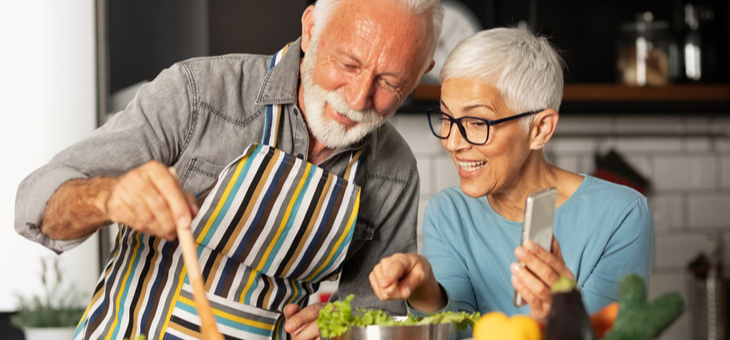The importance of having a healthy liver can’t be overstated. Your liver produces proteins and cholesterol, stores vitamins, minerals and carbohydrates, filters blood, and breaks down toxins such as medications and alcohol.
Along with other lifestyle factors such as smoking, weight and physical activity, the healthy function of your liver is heavily dependent on your diet. The foods and drinks you consume can impact your risk of fibrosis, liver disease and even cancer.
Read: Liver disfunction link to dementia
Green tea – great
Green tea is packed with antioxidants. Drinking four or more cups daily may help reduce your risk of liver cancer. One Japanese study found that drinking five to 10 cups of green tea daily was linked to improved blood markers of liver health. Another study found that after drinking green tea for 12 weeks, patients with non-alcoholic fatty liver disease had reduced oxidative stress and fat deposits in the liver and had improved liver enzyme levels. Catechins, a type of antioxidant found in green tea, are far more common in home-brewed hot tea than cold or store-bought varieties.
Salt – bad
Diets high in sodium may be linked to fibrosis, the early stages of liver scarring. Patients with advanced liver disease should be restricted to a no added salt diet. This means salt should not be added while cooking, preparing or eating food. Managing salt intake is an important part of avoiding or reducing the body’s retention of excess fluid, a common complication in patients with advanced liver disease. Most Australians consume around 6g of salt daily. To help reduce fluid retention and lower strain on the liver, this should be reduced to 2.5g of salt or less.
Read: Love your liver, eat these foods
Oats – great
Your liver loves fibre. It’s an important tool in digestion. Oats and oatmeal are high in beta-glucans. These are compounds that help fight diabetes, obesity and modulate the immune system and fight inflammation. A preliminary study performed on mice, found that beta-glucans helped to reduce the amount of fat stored in the liver.
Eating steel-cut oats or whole oats rather than pre-packaged porridge or oatmeal is a great way to gain the health benefits of oats without the added nasties.
Fatty foods – bad
Steer clear of fast food, which is packed with saturated fats. Fat gathers around your liver, putting strain on its health and function. Over time, high consumption of saturated fats can cause inflammation, which can lead to cirrhosis, the scarring of the liver.
Read: How to reverse liver damage
Broccoli – great
Vegies, particularly crunchy ones, are great for your liver health and may even help to protect you from non-alcoholic fatty liver disease. Broccoli is rich in protein, fibre, iron, potassium, selenium, calcium, magnesium and vitamins A, C, E, K and some B vitamins such as folic acid. It’s a versatile vegetable, and can be roasted, steamed, boiled or fried. Try adding some lemon juice or sliced almonds to the dish to give it an extra zing.
Sugar – bad
One of the many functions your liver performs is the conversion of fructose sugar into fat. Consuming too much sugar can lead to the over production of fat, which can clump around the liver and eventually result in conditions such as fatty liver disease. Some research has found that sugar may be as damaging to your liver as alcohol.
Coffee – great
If you love coffee, you’ll be pleased to know that your liver does too. Not only can it help to protect your liver against scarring but drinking two to three cups a day may benefit people who have liver disease. A study found signs that drinking coffee was associated with the ‘reversal’ of non-alcoholic fatty liver disease.
Are you surprised by any of these findings? Do you choose your diet with liver health in mind? Let us know in the comments section below.
If you enjoy our content, don’t keep it to yourself. Share our free eNews with your friends and encourage them to sign up.
Disclaimer: This article contains general information about health issues and is not advice. For health advice, consult your medical practitioner.

